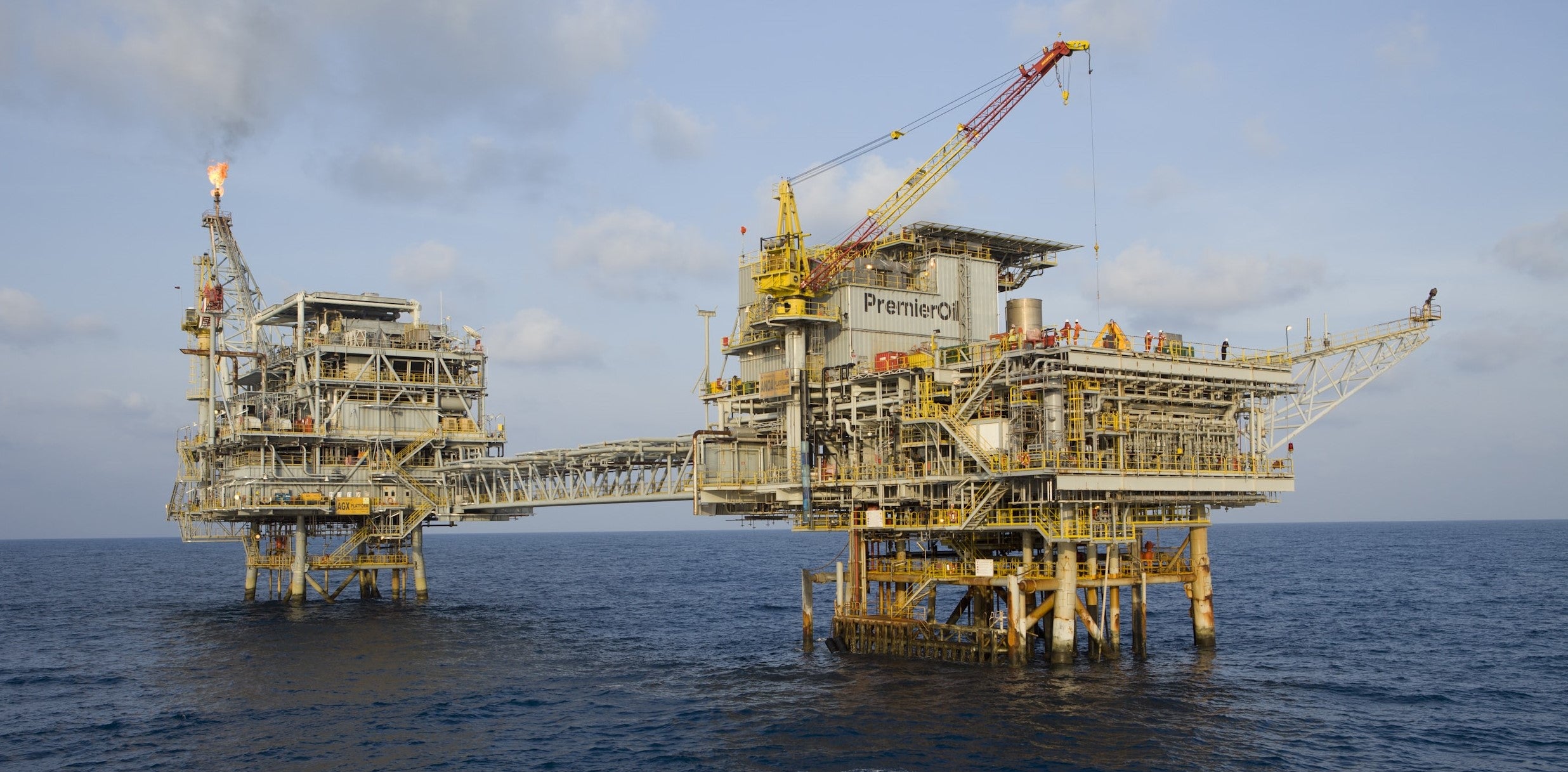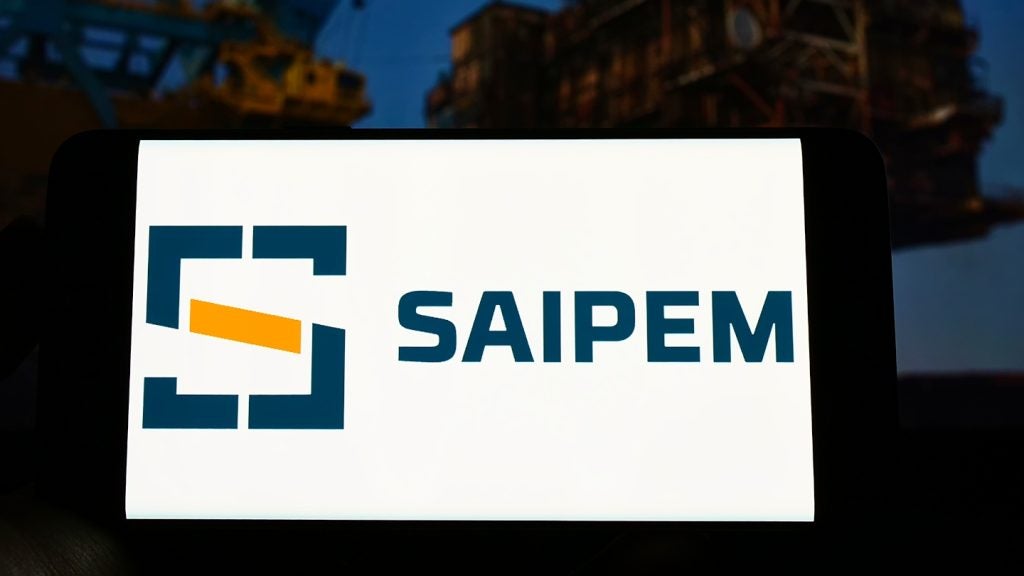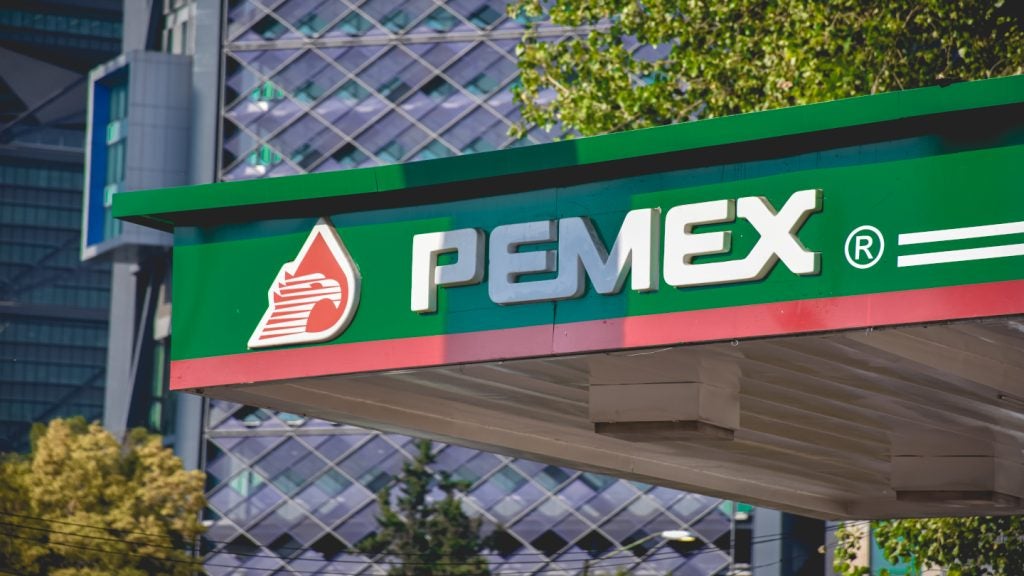
At the start of 2020, mid-level UK operator Premier Oil aimed to take over some brownfield assets from oil giant BP. By the end of the year, the company will have gone from one of the UK stock market’s largest-ever short sells to a massively changed business about to shed more than $2bn in debt.
On 7 January 2020, Premier Oil announced its intention to buy stakes in brownfield oil and gas reserves off the coast of Scotland. Oil giant BP wanted to sell its stakes in the Andrew and Shearwater fields, and Premier showed an interest.
How well do you really know your competitors?
Access the most comprehensive Company Profiles on the market, powered by GlobalData. Save hours of research. Gain competitive edge.

Thank you!
Your download email will arrive shortly
Not ready to buy yet? Download a free sample
We are confident about the unique quality of our Company Profiles. However, we want you to make the most beneficial decision for your business, so we offer a free sample that you can download by submitting the below form
By GlobalDataHowever, with the company’s existing credit obligations, it would need a significant majority of creditors to approve the transaction. In some creditor classes, approval exceeded 70%. Despite this, Premier’s largest creditor, Asia Research and Capital Management (ARCM), said it would “vigorously contest” the acquisition.
The hedge fund said the purchases would “only serve to increase risk for stakeholders” and could have a negative impact on the company’s cash flow. Other creditors said ARCM’s opposition came from its massive short sell in Premier Oil. If Premier did poorly, ARCM would profit from its hold of one of the largest short sells in UK trading history.
To proceed with the acquisitions, Premier needed approval from the Scottish courts. Starting in February, its court hearings finished on the 19 March. Four days later, the UK entered its first lockdown, as Covid-19 spread across the UK.
The perfect timing of the Covid-19 crash
While the company won its court fight on 29 April, by that time the damage had already been done. Between the company’s first meeting with creditors and the ruling of the court, Brent crude oil had lost more than half of its value.
Premier had 40% of its oil production up to June hedged at $64 per barrel. With a $100m cut to spending and an oil price of $35 per barrel for the rest of the year, a spokesperson said the company “would expect to be broadly cash flow neutral”. However, this would improve if it acquired the BP assets.
Soon after the court ruling, ARCM launched an appeal. At the same time, Premier Oil now entered renegotiations with BP, looking for a new deal on the fields after their worth plummeted.
In June, the company announced breakthroughs in both areas. Premier Oil would issue new, discounted shares to ARCM to fund its acquisitions, which themselves came with a heavy discount.
The company would now purchase the field for $625m, including $210m in cash. Up to $115m would follow, depending on oil and gas price fluctuations. Premier would have to pay $240 of the abandonment cost of the Andrew field. Meanwhile, BP would cover the cost of the Shearwater abandonment.
CEO Tony Durrant said: “We are pleased to have agreed revised terms for the assets, which are materially value-earning. The agreement, once agreed with and approved by lenders, will provide a basis for the company to continue discussions regarding proposed amendments to the Group’s existing credit facilities.”
In the company’s half-year results, Durrant welcomed a “recovering oil price and strengthening balance sheet”, but did not mention any potential upcoming mergers.
Premier Oil merger with Chrysaor shows “sign of the times”
In early October, Premier announced a deal with Harbour Energy to merge with its subsidiary, Chrysaor. The all-share merger would create the largest independent oil and gas company on the London Stock Exchange.
Premier would own 23% of the new group, with the rest going to Chrysaor’s stakeholders. However, the transaction would also allow Premier to cancel $2.7bn of its debts.
At an upstream finance conference this week, deals advisor Moelis & Co managing director Dennis Cornell said the deal could be “a harbinger of things to come”. He continued to say hundreds of private companies that “need to merge, need to go public or monetize in some way”, but that oil’s unpredictability and image made stock financing increasingly less appealing.
However, the company is still happily making deals. On 12 November, a company spokesperson said it had entered “final negotiations” with contractors to further develop the Tolmount East field.
Finally, problems the company announced on its Catcher field mean it will finish the year with a predicted production of up to 64,000 barrels of oil equivalent. In January, executives hoped to revise their 75,000-barrel estimate upward.
Premier Oil did not immediately respond to requests for comment.








